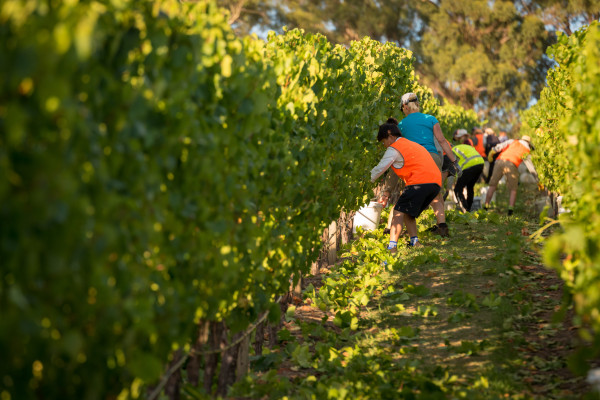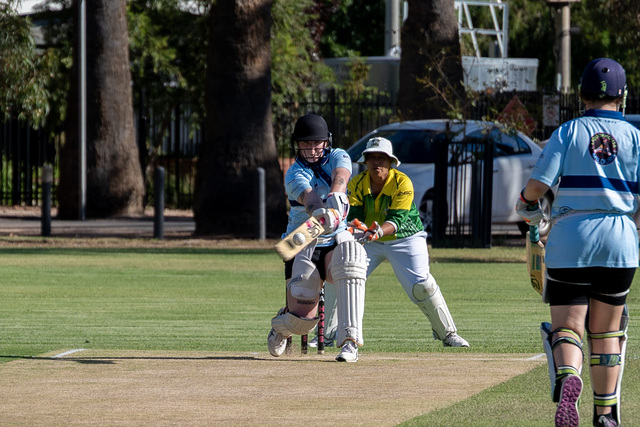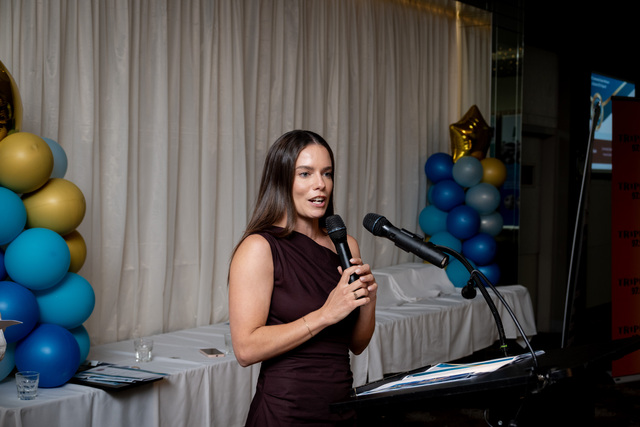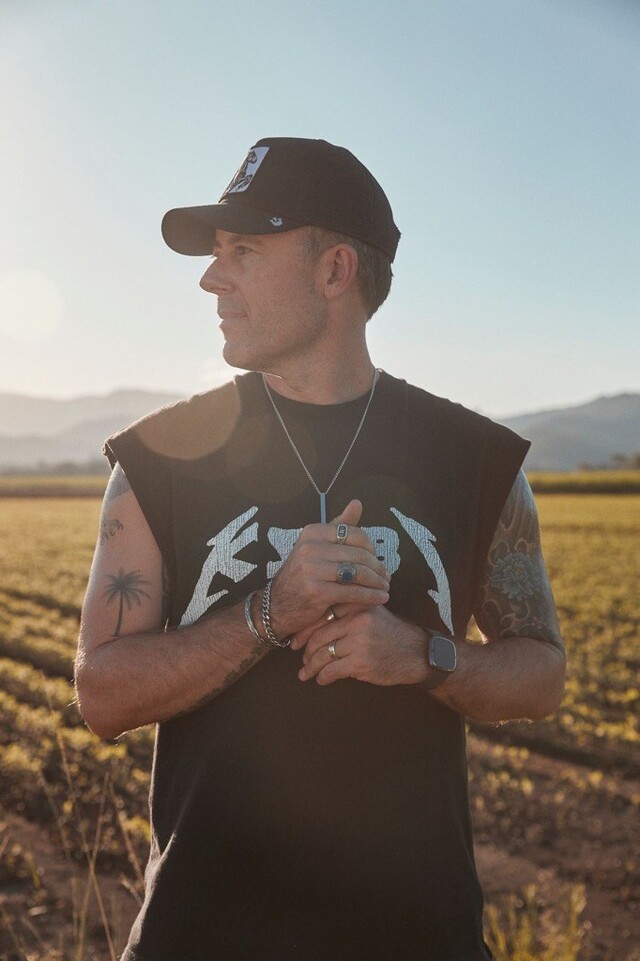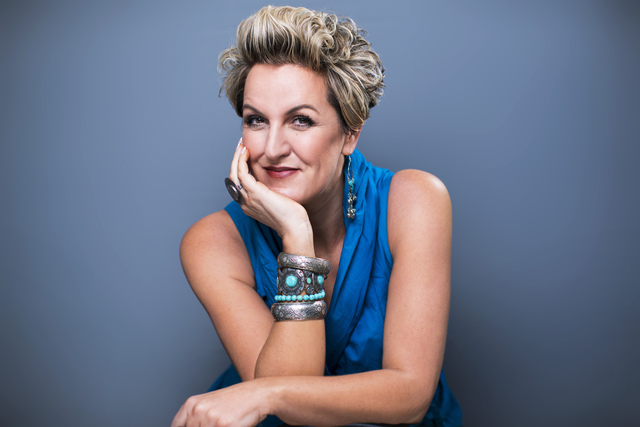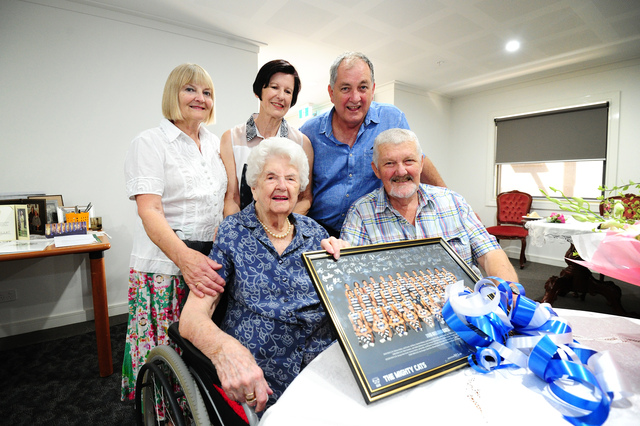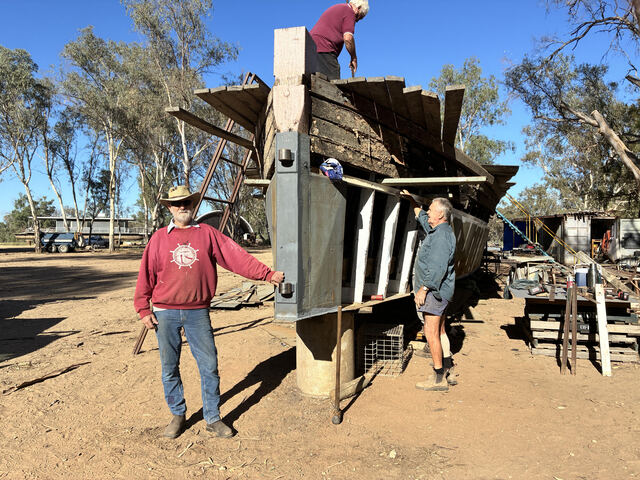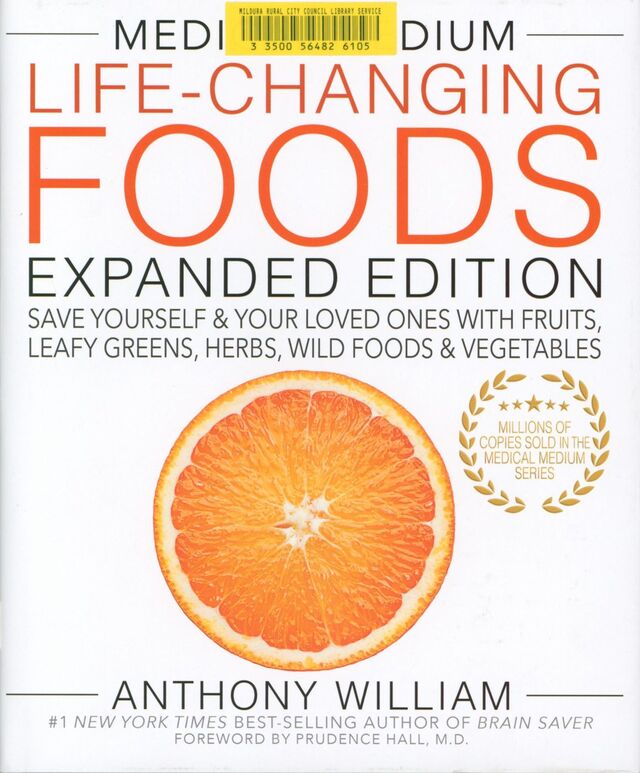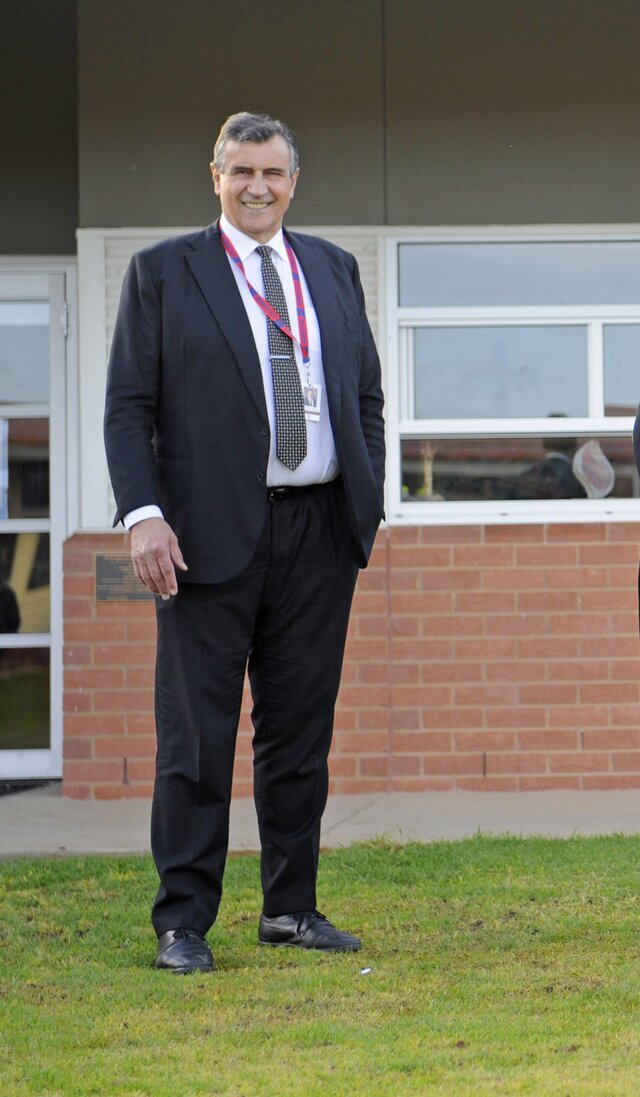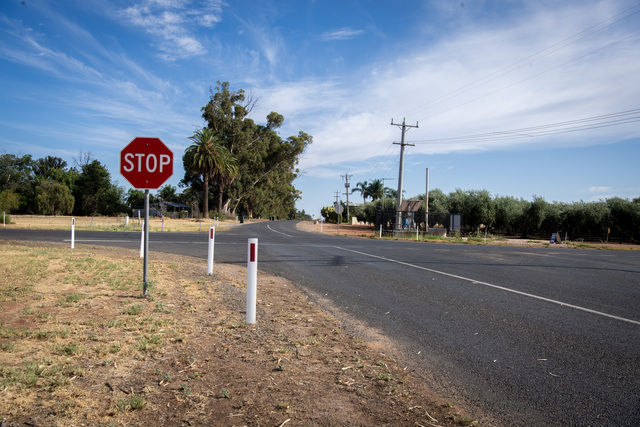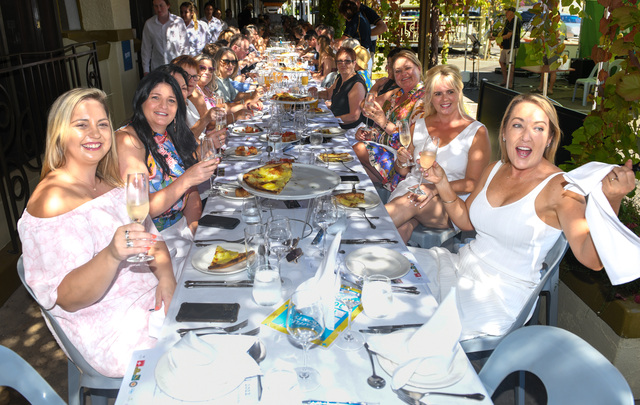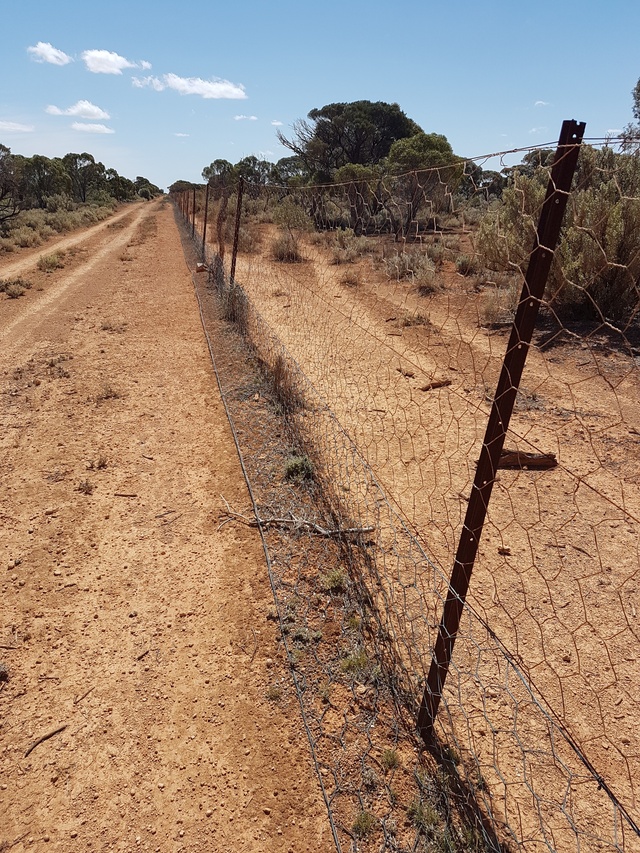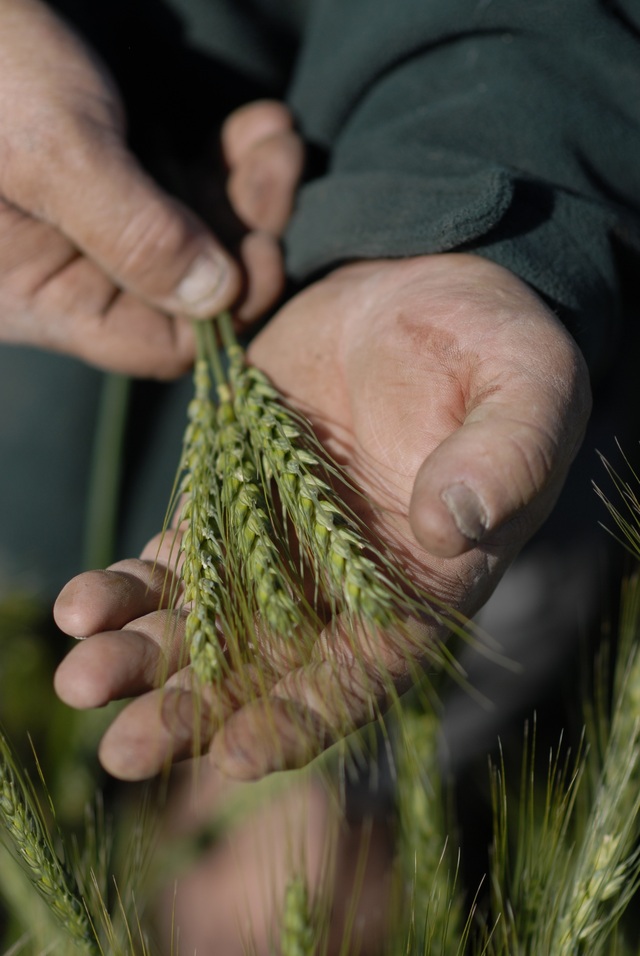THE first time I picked grapes, I was about 10 or 11. Dad was going picking, which he often did in summer for a bit of extra income. This time, I wanted to go with him.
“Are you sure?” he asked. “You’ll have to get up early.”
I insisted that that would be no worry. The next morning, when it was still dark, he came into my room: “Ali, it’s time to get up.” I wearily dragged myself out of bed and got dressed in my picking clothes.
Dad packed the essentials into the car – hats, gloves, sunscreen, styrene foam drink containers and picking knives.
I had never seen a picking knife before. I assumed you just pulled the grapes off the vine.
We arrived at my aunt’s block in Dareton and Dad gave me a quick tutorial. I picked my first few bunches of grapes and wondered how long it would take to fill the bucket. Meanwhile, Dad had filled 10.
I picked only until lunchtime, before disappearing inside to play with my cousins. My grand total for the morning was 30 buckets. Dad kindly assured me that was impressive.
I declared that the next day I would double the number. Dad suggested that might be hard. He was right. My tally actually fell – to 27. Still a worthy effort, he insisted.
My fruit-picking career lasted only a few days, but the lessons lasted forever. I learnt the meaning of hard work. I learnt the extent of Dad’s patience when I sliced his finger (those knives are sharp).
And I gained a fuller understanding of the discipline and dedication of Mallee kids like Dad and his siblings. At 10 or 11, they weren’t picking grapes or pruning vines for the novelty of a weekend’s worth of pocket money.
It was a job, and an expectation, through their entire childhoods and adolescence.
They weren’t alone. Many families operated the same way. It is how we built our economy and our region, one bucket at a time.
Fruit picking is our lifeblood. It deserves to be revered, not stigmatised. John Setka should take note and adjust his attitude.

